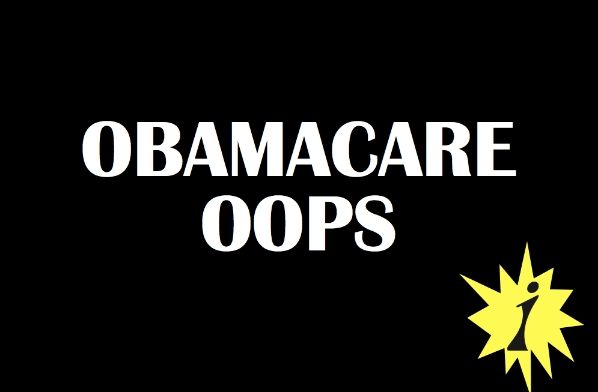Another CEO weighs in on why the Affordable Care Act's financing mechanism appears to have been designed by central planners living on Fantasy Island…
The CEO is Andrew Puzder of the CKE restaurant chain, which licenses Carl's Jr. and Hardee’s, which together employ around 21,000 people.
Mr. Puzder is quite gentlemanly about the Obama administration’s delay in enforcing a key element of the Affordable Care Act, which he hopes stems from a belated recognition that parts of ObamaCare are unworkable rather than political calculation.
But Puzder’s take on the situation should strike fear into the hearts of administration and Democratic Party supporters on ObamaCare. If Puzder is right (and he is echoing what others have said), the Affordable Care Act’s financing mechanism simply is not going to work.
Puzder notes that all full-and part-time employees at Hardee’s and Carl Jr.’s are offered health insurance. Crew staff are offered affordable policies that have a cap. Since the ACA does not consider policies with caps adequate, these policies currently are made available only with a waiver from the Department of Health and Human Services.
Managers at the two restaurant groups are offered more extensive policies. CKE kicks in about 60 percent of the cost of policies for managers. Yet only about 6 percent of CKE crew-level employees and 60 percent of managers avail themselves of company-backed policies. Puzder was curious as to why.
He writes in this morning’s Wall Street Journal:
These low participation rates surprised me. So over the past couple of years I have asked CKE employees what motivated their decisions. Our crew-level workers tend to be younger, and perhaps unsurprisingly some told me they were unconcerned about illness or injury. Others already had insurance through a spouse or parent. A significant number said they declined coverage because they could get medical treatment "for free at the emergency room." Among those who had signed up, many said it was because they were concerned about developing a medical condition (perhaps due to a family history of illness), and then being unable to get affordable coverage due to this pre-existing condition.
These kinds of responses are why I question the ACA's viability. The new law's success depends on young, healthy people who are lower-risk signing up for health insurance to offset the costs of insuring individuals who are at higher risk. If predominantly high-risk individuals sign up, health insurance is going to be very expensive. Yet, even after the ACA takes effect, people will still be able to get medical care at the emergency room. Further, the ACA prohibits insurers from denying coverage because of pre-existing conditions. In other words, individuals will no longer have much incentive to get health insurance as a hedge against the possibility of developing a medical condition.
A big argument made for ObamaCare was that taking over one-sixth of the economy was the only appropriate response to the problem of many low-income people treating the nation's emergency rooms as their family physicans.
Looks like they have no plans to change their behavior. So, once again, the central planners have planned without knowing that much about the behavior of the people for whom they purport to act. What could go wrong?


